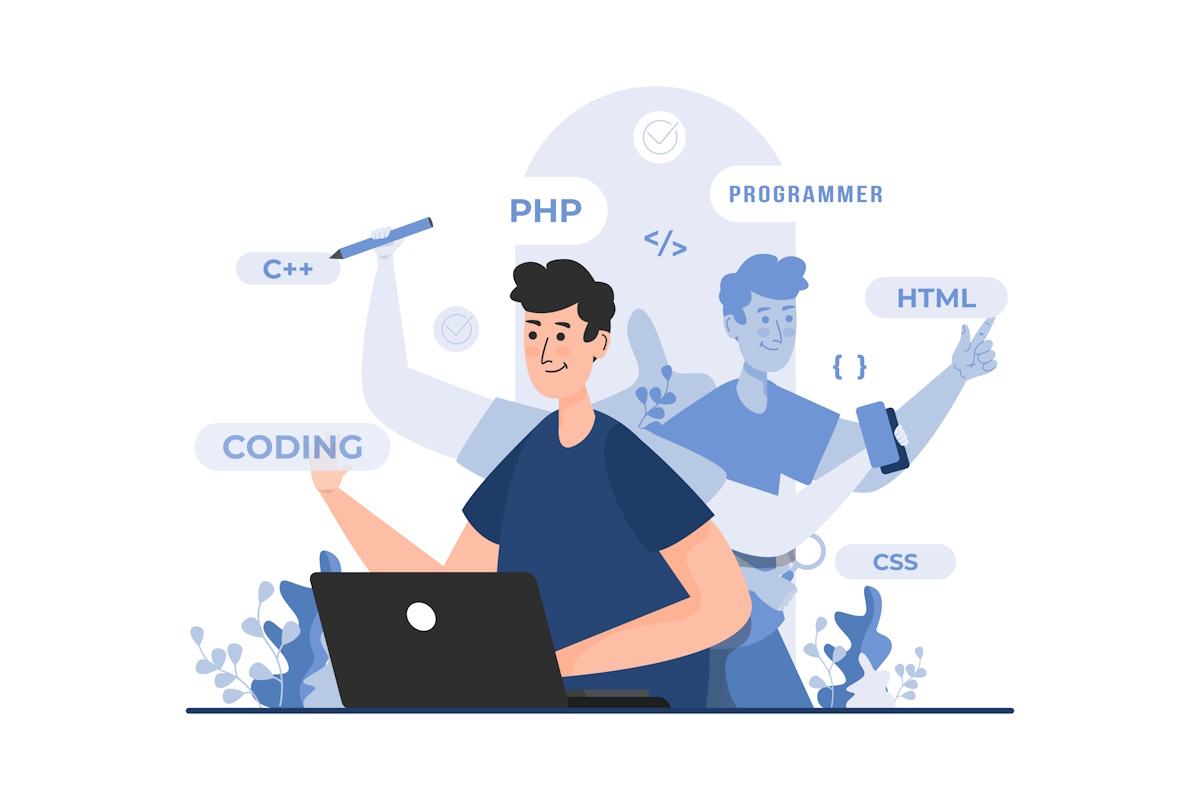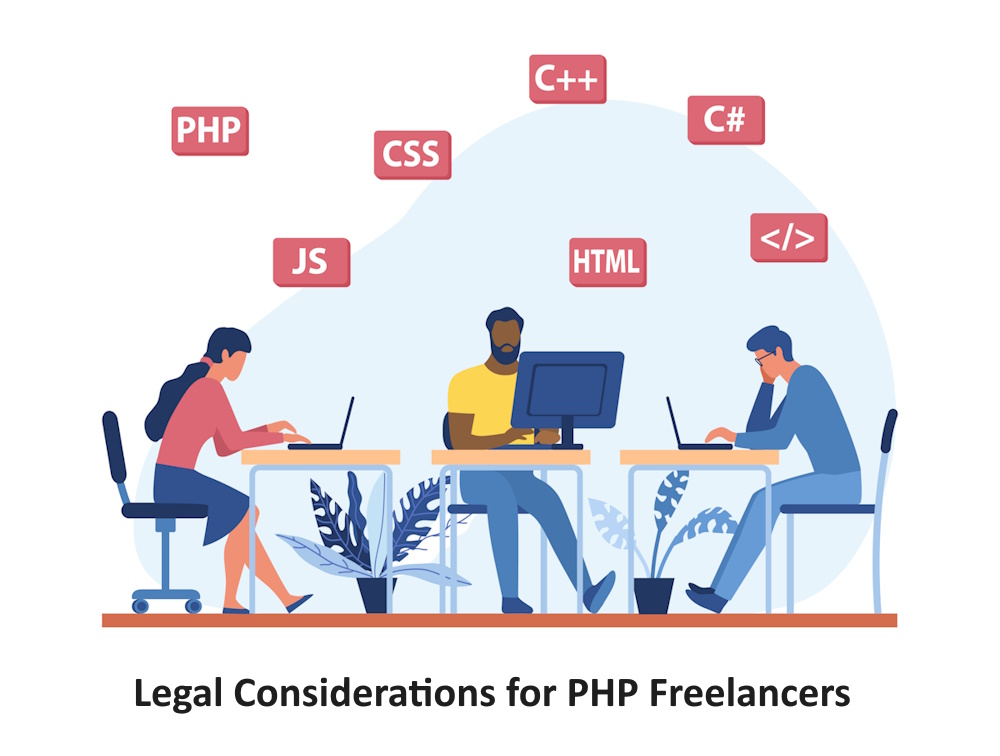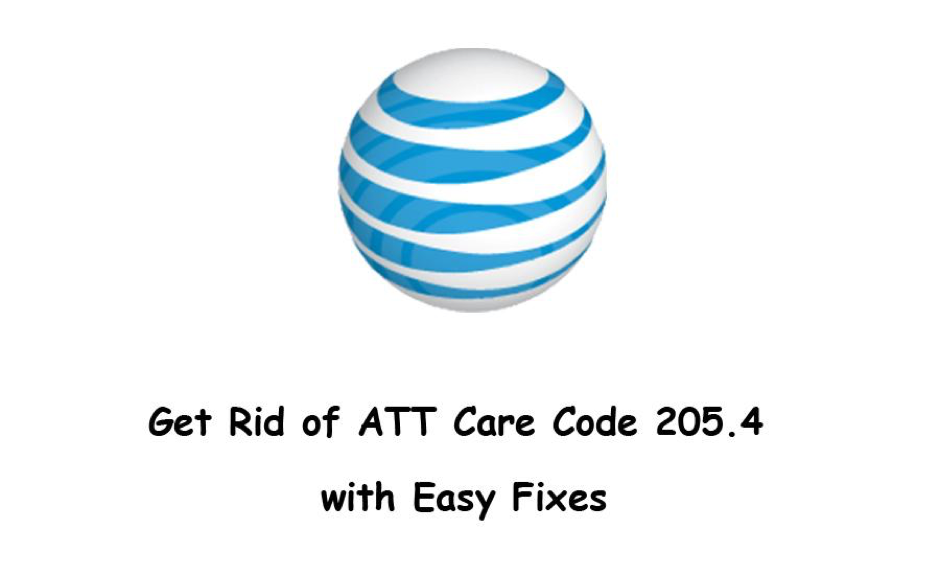In the fast changing and dynamic landscape of technology, the demand for highly skilled PHP freelancers has seen a significant increase. Given the exponential growth and evolution of web applications, PHP developers play a vital and irreplaceable role in the creation, maintenance, and enhancement of dynamic websites and resilient online platforms. Their expertise contributes immensely to the seamless functionality and user experience of modern digital ecosystems.
Yet, as the tech industry continues its rapid expansion and evolution, driven by innovation and creativity, the legal intricacies surrounding intellectual property (IP) also grow in complexity. Consequently, for freelance PHP programmers looking to navigate this intricate landscape successfully, understanding and mastering these legal aspects isn’t merely recommended-it’s an absolute necessity.

Contents
Intellectual Property: A Primer for the PHP Freelancer
Intellectual property rights serve to protect the creations of the mind, including inventions, literary and artistic works, designs, symbols, names, and images used in commerce. For a freelance PHP programmer, these creations could manifest as unique code, software solutions, scripts, or even specific functionalities within a web application.
The Importance of IP Understanding
For PHP freelancers, effectively navigating the intricate landscape of intellectual property law is of utmost importance for various compelling reasons and considerations. Understanding the nuances of intellectual property rights can significantly impact the success and longevity of your freelance career. Being well-versed in this legal domain ensures you can protect your creative work and avoid potential conflicts that may arise in the digital realm.
- Protecting Your Work: Ensuring that your original creations are legally recognized as your own is crucial for protecting your intellectual property rights.
- Avoiding Infringement: Protect yourself by being vigilant and avoiding the unintentional use of someone else’s protected work without obtaining proper permission.
- Leveraging IP Assets: Understanding the strategic ways to legally leverage your intellectual property can provide a significant advantage in negotiations, business dealings, and when establishing your brand identity.
- Navigating Licensing Agreements: Grasping the complexities of licensing can be pivotal, as it allows you to authorize others to use your code or software while still maintaining control over the original IP.
- Monetizing Innovations: Understanding IP rights enables you to capitalize on your innovations by selling or licensing your work to clients or third parties.
- Establishing Expertise: Demonstrating thorough knowledge in IP law as it applies to software development underpins your reputation as a skilled and savvy professional, attracting clients who value legal adherence and integrity.
Key Legal Considerations for PHP Freelancers
1. Copyrights
As a PHP freelancer, it’s crucial to understand that your code is automatically protected by copyright from the moment of its creation, provided that it is original and documented in some form. This legal safeguard ensures that your intellectual property rights are upheld and respected. Copyright does not protect ideas, systems, or operational methods, but the tangible expression of those ideas.
2. Licenses
When utilizing third-party libraries or frameworks, it is crucial to have a comprehensive understanding of the licenses they operate under, such as the widely used MIT or GPL licenses, to ensure compliance and legal clarity.
It is absolutely vital and legally imperative to comply diligently with these licenses to steer clear of potential legal pitfalls and complications.
3. Contracts
Clearly defined contracts play a crucial role in outlining the ownership of the intellectual property developed. It is a common practice for clients to retain the rights to the work produced; however, negotiating and agreeing upon these terms before initiating any project is paramount for clarity and mutual understanding.
4. Non-Disclosure Agreements (NDAs)
Non-disclosure agreements (NDAs) are undeniably crucial and indispensable legal documents that play an extremely vital and significant role in project discussions by effectively safeguarding and protecting the proprietary and confidential information of both the freelance PHP programmer and the client, thus ensuring and upholding confidentiality, trust, and integrity in the collaborative process.
5. Trade Secrets
In the realm of software development, various specific methodologies or algorithms may hold the status of trade secrets. Safeguarding and protecting these confidential aspects can provide a significant competitive edge in the industry, enabling companies to maintain their innovative advantage and secure their position in the market.
Mitigating Risks
Given the stakes involved, it’s wise for every freelance PHP programmer to take proactive steps towards protecting their work and respecting the IP rights of others. Here are a few recommendations:
- Always conduct thorough due diligence when incorporating third-party elements into your projects.
- Use clear, comprehensive contracts for every project. If necessary, have them reviewed by a legal professional specializing in intellectual property law.
- Stay informed about the latest developments in intellectual property law as it pertains to software development.
- Regularly update and audit your codebase to ensure that it doesn’t inadvertently infringe on any existing intellectual property and to keep it secure from potential exploits that might compromise client data.
- Implement comprehensive intellectual property clauses in your contracts, clarifying the rights and obligations of both parties regarding the developed software and its components.
- Invest in intellectual property insurance to safeguard your business against unintentional infringement claims, which can be financially debilitating.
- Engage in continuous learning about IP law as it evolves, specifically in the field of technology and software, to ensure ongoing compliance with emerging regulations.
- Foster an organizational culture that respects intellectual property, including training employees and subcontractors about the importance of IP laws and the ethical use of software and code.
Conclusion
For freelance PHP programmers, having a comprehensive understanding and awareness of intellectual property laws is not just crucial for legal compliance—it is fundamentally about safeguarding your professional livelihood, guaranteeing fair compensation for your innovative work, and promoting innovation in a responsible manner. By diligently adhering to the established legal frameworks that govern intellectual property, PHP freelancers can distinctly concentrate on excelling in their craft: developing the dynamic web solutions that propel our ever-evolving digital world forward.
Remember, while this overview provides a starting point, consulting with a legal expert can provide tailored advice and peace of mind. Protect your work, respect the creations of others, and continue to innovate with confidence.
Author Bio:
Arjun Solanki is a Business Growth Strategist at a Leading Software Development Company. He has experience in developing and executing digital strategies for large global brands in a variety of business verticals. Apart from working on a long-lasting relationship with customers and boost business revenue, he is also interested in sharing my knowledge on various technologies and its influence on businesses through effective blog posts and article writing.




